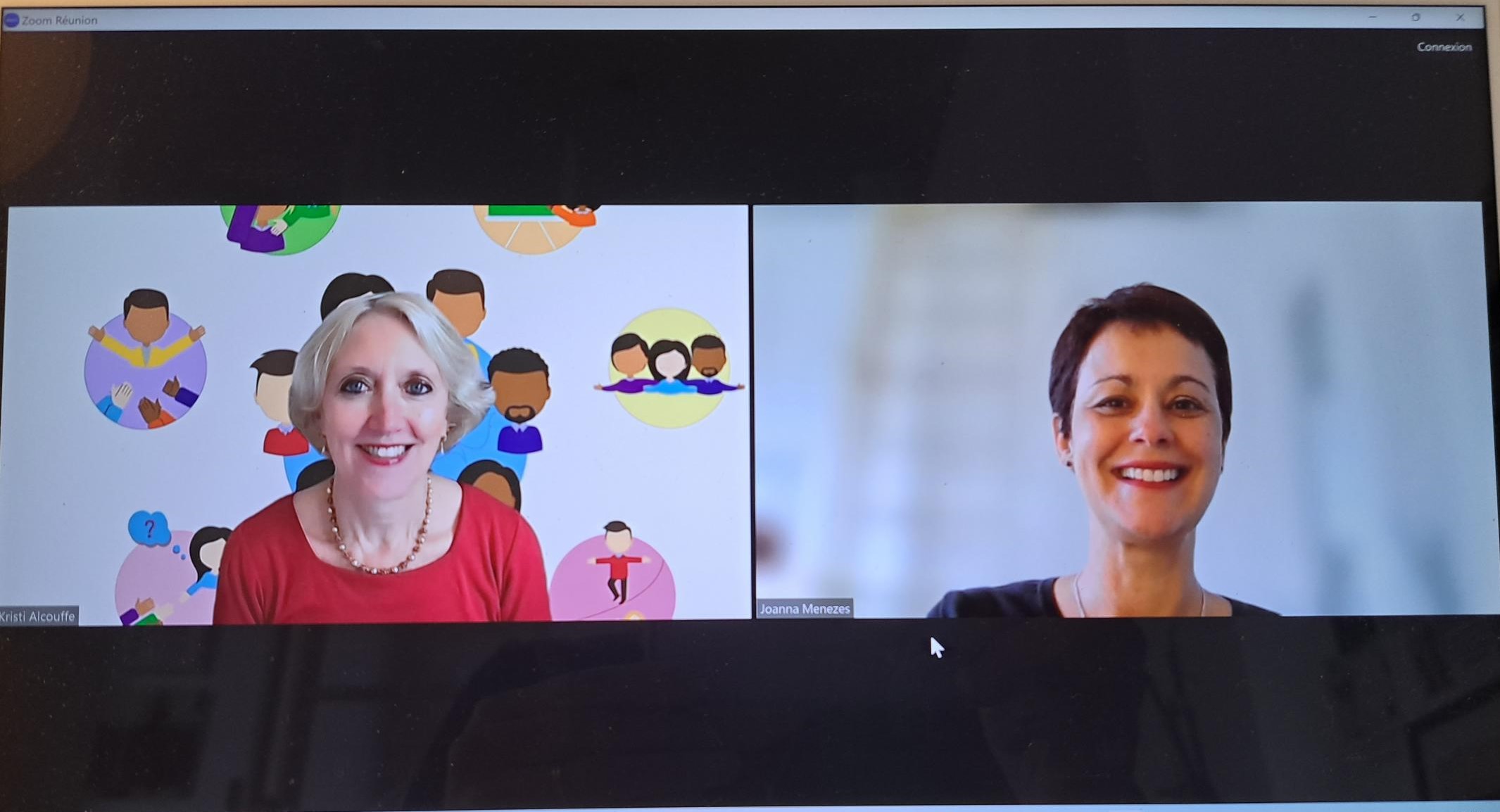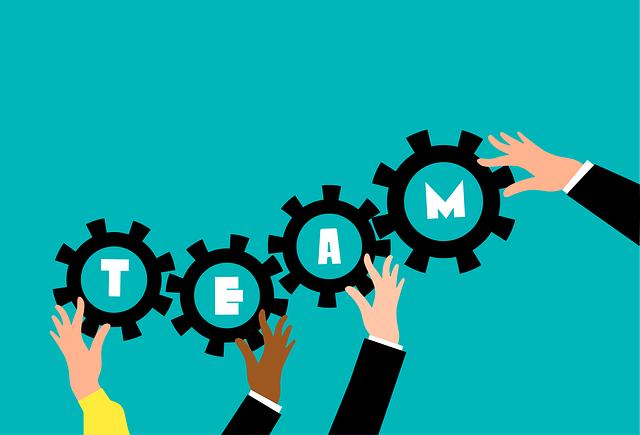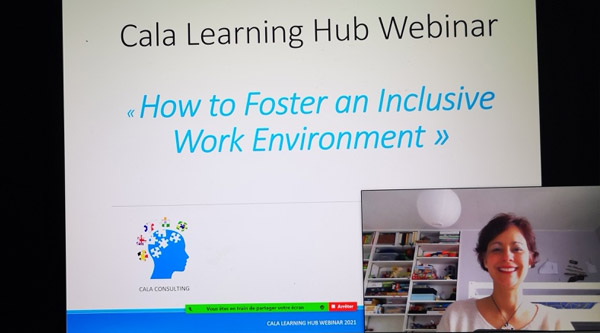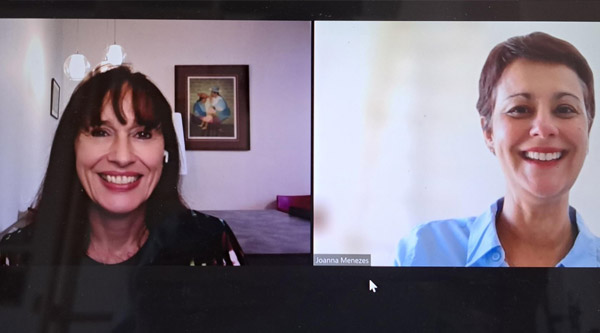Working in the best conditions means having the right equipment, the right team, the right manager, but also the right psychological environment. "One that allows all employees to feel confident, to be free to talk and to make mistakes", explains Franco-American coach Kristi Alcouffe. As a certified facilitator in team psychological safety, she was invited by the Cala Learning Hub network to talk about the subject in the September webinar.
Psychological safety at work : a concept born in the United States
What exactly is meant by psychological safety? And how can we work on this in a team? The twenty or so participants of the Hub were curious to find out more. To begin with, this concept emerged in the United States in the 1960s and was formalised by the American professor at Harvard Business School, Amy Edmondson.
"It's a set of conditions that allows us to learn, to contribute, to take moderate risks and to question what exists without fear of being humiliated, excluded or punished in any way," explains Kristi Alcouffe. In short, anything that enables employees to feel listened to and to express themselves in all their diversity.
Benefits for both the company and its employees
Why is this notion of psychological safety so important in a team? The first benefit is that it increases the efficiency and performance of employees: we share our mistakes and learn from them to improve. It also builds loyalty. This climate of trust encourages better collaboration and the use of each team member's strengths. At the same time, creativity and innovation are enhanced because everyone feels freer to put forward original ideas.
"When we don't feel safe, we waste a lot of energy trying to protect our image at work", says Patricia Riddell, professor of applied neuroscience at the University of Reading in England.
How to create psychological safety in the team
During this webinar, Kristi Alcouffe revealed 3 of the 7 pillars of psychological safety in a team:
- Knowing how to react to mistakes
"Look at your reaction when someone tells you they've made a mistake. Do you get angry or do you thank the person for telling you?" So start by observing yourself.
Set aside a time during the week with your team - Mistake Monday, for example - to share, one by one, the mistakes made during the week and learn from them.
- Appreciate the strengths of others
Organise an informal discussion with your team. Before the meeting, send an email to everyone and ask them to prepare their answers to questions such as: What are your strengths? What do you value in other team members? What skills would you like to improve?...
- Accept diversity
Be curious and keep an open mind to encourage a diversity of opinions and ideas, as well as self-questioning.
When you hear an original idea, take a breath and invite the other person to develop their idea by listening carefully. Then identify the 10% that you find innovative and relevant.
Would you like to take part in our next free webinars? Check out our programme and save the date!

Blog article written by par Laure Blancard : https://www.linkedin.com/in/laure-blancard/







 Copyright © 2016 - 2026 - Cala Consulting
Copyright © 2016 - 2026 - Cala Consulting